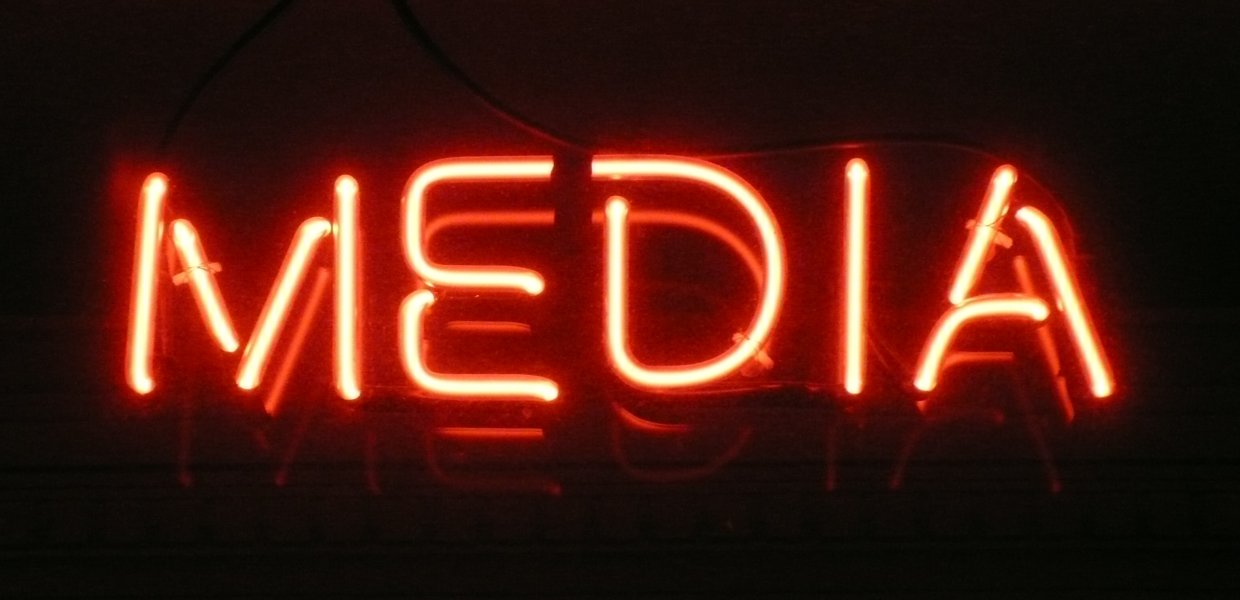"Convergence Culture" is a book on how media distribution and consumption is changing written by Henry Jenkins, Provost Professor of Communication, Journalism, Cinematic Arts and Education at USC Annenberg School for Communication and Journalism. I found it to be an interesting read with a unique take on how the shifts in media consumption and distribution are changing pop culture. Jenkins argues that we are at a cultural crossroads—media is simultaneously easier to consume than ever, but also controlled by fewer and fewer people. The advent of new media technologies is allowing media to be disseminated among more channels than ever before and at lower prices. This has empowered media consumers (all of us!) to have more direction in how they consume media (on what channels) and also “archive, annotate, appropriate, and recirculate media content” (Jenkins 18).
At the same time, ownership of mainstream commercial media is quickly concentrating with just a few multinational media conglomerates controlling nearly all sectors of the entertainment industry. Jenkins presents how these seemingly conflicting trends have led to differing views on whether media is currently under too much regulation or not enough regulation. These observations tie in to Jenkins argument that media convergence is both a “top-down corporate-driven process” as well as a “bottom-up consumer-driven process” (Jenkins 18). Jenkins points to consumers’ newfound eagerness for increased free flowing of content and increased chancer for participation in media. Jenkins discusses how new consumers are more socially connected. and have declining brand loyalty to networks This is forcing some media producers to reimagine how media is presented to consumers. Nevertheless, some media producers are not evolving to meet the needs of consumers, so consumers are confused on how they should and can participate in media consumption. Overall, "Convergence Culture" is applicable to understanding our changing media environment as media consumption is shifting away from traditional broadcast television and moving toward online subscription services and other forms of online television consumption.
Flickr / Photo by russell davies.









